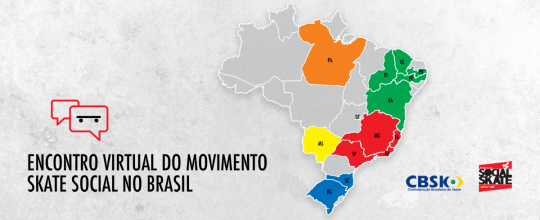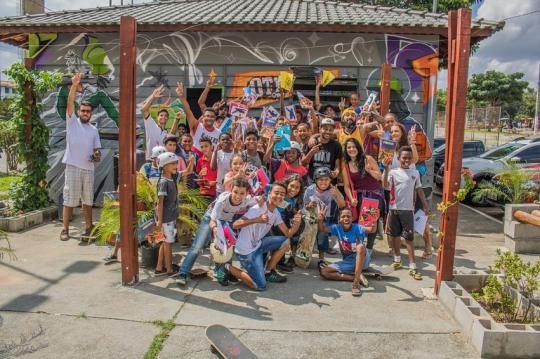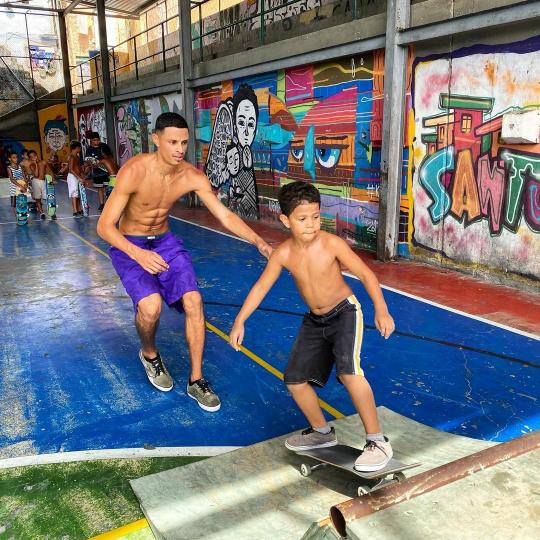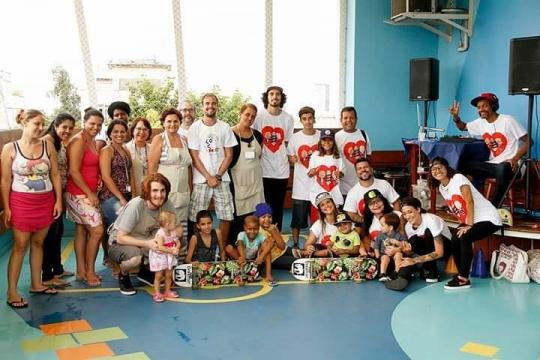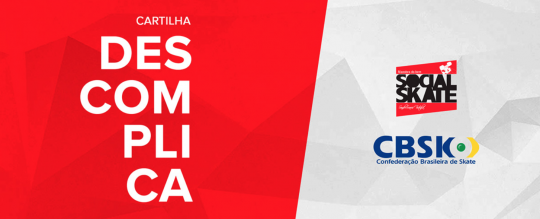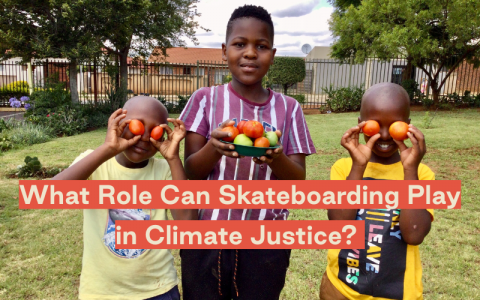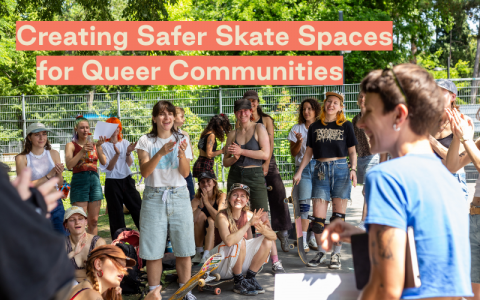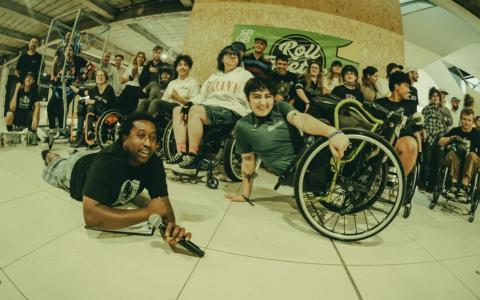When the Goodpush Alliance started in 2018, our mission was to promote collaboration and knowledge-sharing among the social skateboarding scene worldwide. Along the way, we have come across some other great initiatives that are doing this on a local level. One of the most inspiring examples that we've seen is from Brazil.
Late last year we shared a post on our social media showing the Goodpush Map of social skateboarding projects worldwide (250 projects and growing!) when we were contacted by the Brazilian Skate Confederation (CBSk) to let us know that there were much more skate projects in Brazil than could be found on our map. We were very excited to learn CBSk and their partners ONG Social Skate ran their own mapping exercise for Brazil in 2020, finding nearly 40 social skateboarding projects across the country!
In an unprecedented work, they mapped out all the Brazilian projects using skateboarding as a tool for social inclusion, gathering data from 36 projects. They also learned that 2,755 children were assisted by these initiatives.
But they didn't just map the Brazilian skate projects, they have also started supporting them with materials and advice. The founder of ONG Social Skate, Sandro Testinha says:
“We are managing to understand the difficulties, where they are, how they are and what the remedy is. We have already managed to donate masks and sanitizer for these projects in efforts to support the cause... Our aim is to share the knowledge of Social Skate so that all these actions reach their goals and continue to use skateboarding as a tool for inclusion, transformation and education”.
The main demands presented by the project include lack of financial resources along with support and materials for skating activities; the lack of appropriate locations and adequate skateparks; and the deterioration of public spaces designed to promote sports. In addition, of the 36 initiatives surveyed, 24 operate independently thus, not being legally regulated and not having the capacity to access resources from public funds. The lack of resources is also pointed out as an impediment to becoming registered.
Most recently, CBSk and the NGO Social Skate have begun preparing supporting materials, including a step-by-step guide on registering as a non-profit (download it here – Portuguese only), creating a constitution and structuring of these initiatives (ie. work plan, objectives, projects, funding, laws etc.), in addition to support meetings with project leaders.
To help with managing safe programs during the COVID-19 pandemic, they have already distributed 28,000 masks and 50 litres of sanitizer to social skateboarding projects in Brazil.
CBSk and NGO Social Skate will continue to stay active in identifying more projects and staying in touch with the community. Their objective is to provide assistance and to shine a positive light on the initiatives through CBSk's communication channels.
Here are some other important findings from their research:
- Location of projects: 23 in the Southeast, 8 in the Northeast, 3 in the South and 2 in the Midwest.
- Of the 36 projects, 12 are officially registered and 24 are independent.
- Of the independent initiatives, 70% are unaware of public sector actors in their area who can provide important support and connection to departments working on social assistance and children and youth.
- Of the 36 initiatives, only 6 are led by women.
- The women interviewed point out that the lack of support for women and girls is still an impediment. For example the clothing and materials which are mostly aimed at the male participants and due to prejudice/discrimination against girls and women. Thus, 80% of program participants are boys.
- The data found that most skate instructors do not have specific training and tend to be volunteers.
For more information write to comunicacao(at)cbsk.com.br or visit their website.
